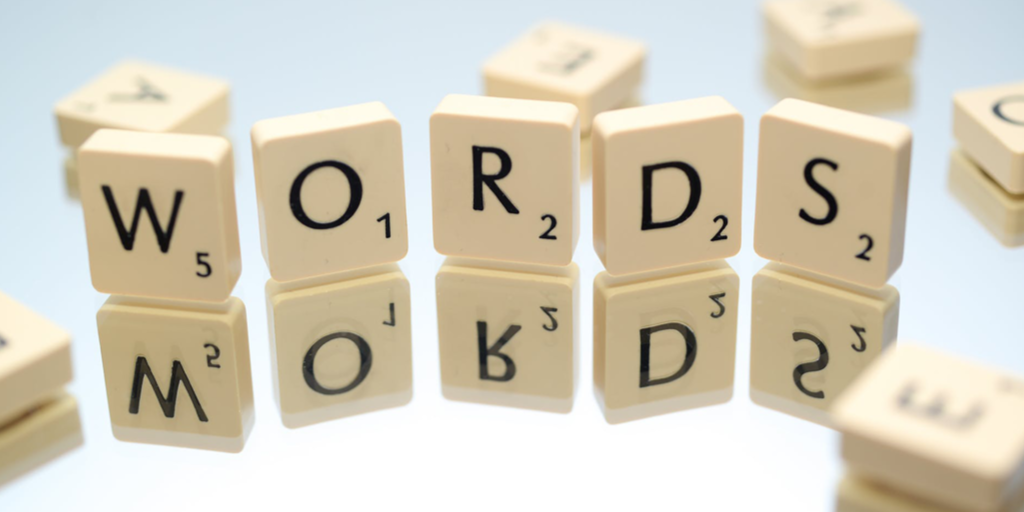Insight article

A fracas in a teacup
So we’ve gone from a ‘punch up’ to a ‘fracas’, to ‘handbags and pushing’, in the space of just a couple of days. No doubt by Monday the dispute between BBC presenter Jeremy Clarkson and his producer will be labelled a ‘minor tiff’ and all will be well again.
We place a lot of emphasis on words. There was fevered speculation, before the details emerged, as to what a ‘fracas’ could have involved. Its dictionary definition is a ‘noisy, disorderly disturbance or fight; riotous brawl; uproar’ – not the same as ‘pushing’, or indeed punching – and its use has probably been regretted by the BBC since its hastily-issued press release earlier in the week.
Being in the business of storytelling, we place a great emphasis on the importance of words, and choose them carefully. What means one thing to one person might have a completely different meaning to another. I was reminded of this earlier in the week when discussing the term ‘red tape’, as this was a phrase I was not allowed to use for years in a previous job as it had such clichéd connotations, especially when used in conjunction with the equally maligned ‘health and safety’. Yet it has deep resonance for some, who see it embodying all the barriers they experience in their work.
The meaning of words is so impactful that the Huffington Post has curated a list of nine (why nine?) of the literally most hated words of all time. And I’ve just used three in that last sentence. Whilst I don’t mind a lot of them, I can see why they could grate, especially when used together. Management speak in particular has become deeply ingrained into our corporate culture, and now veers between being meaningless or ironic, neither of which is helpful.
Coming back to the Jeremy Clarkson incident – consider this from the producer’s perspective. His employer has described an incident in which he was variously bullied/attacked/teased/threatened (depending on your perspective) by his colleague as a ‘fracas’. This has led to an ‘inquiry’. If nothing comes of it – and after a ‘hearty man to man chat’ as one newspaper has described it, Clarkson is given just another caution – then what message does that send to the producer? That a ‘fracas’ is a perfectly acceptable method of communication between colleagues? And that we can all get away with a fracas at work if we put down our ‘handbags’ afterwards and say sorry?
Words are important. Words have meaning. As the press department at the BBC may or may not learn, they can come back to haunt you, as indeed Clarkson found to his cost just a few months ago. When telling a story, your choice of words can really affect the listener, or reader, who will draw their own conclusions from the words you use. That’s why stories have so much power.
